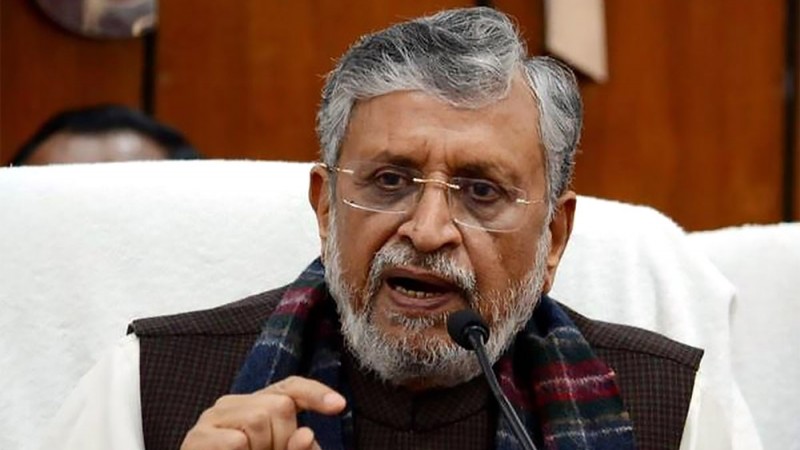Rajya Sabha —Council of States, or upper house of India’s parliament— member Sushil Kumar Modi has called on India’s government to regulate the online gaming industry. He raised the issue during the Zero Hour, which is the time during which Members of Parliament (MPs) can raise issues of urgent public importance.
According to Modi, the rise of online games has now given way to gambling and betting, which he sees as potentially problematic among children who may get addicted to mobile games. The Rajya Sabha member thus demanded the government should regulate the online gaming industry while also imposing a uniform tax on it, reports Money Control.
“Online gaming is becoming a big addiction. I would like to highlight that this sector, like the crypto industry, certainly has regulatory lacunae,” Modi said. “I would urge the government to bring a uniform tax on online gaming and I urge the government to make a comprehensive framework of regulation for online gaming.”
During the session, Rajya Sabha Chairman, M Venkaiah Naidu, asked Minister of Communications, Electronics & Information Technology Ashwini Vaishnaw to take note of the issue. “Consult the Law Ministry and do the needful. It’s a big menace,” he said.
During the Zero Hour, Modi further claimed thousands of young people in the country “have become addicted to online gaming,” and that due to its online nature, such gaming was “very difficult” to control among underages.
“And now this online gaming has been converted into gambling or betting,” he warned, while pointing to an increasing controversy on what constitutes a game of skill and a game of chance. Moreover, Modi claims that, during Covid-related lockdowns, the average weekly time spent on mobile gaming increased from 2.5 hours to four hours.
Other data cited during the Zero Hour claims that more than 43 million people are into online gaming currently, a number projected to increase to 65.7 million by 2025. Moreover, the revenue earned by online gaming was $1.8 billion, likely to increase to $3.8 billion by 2025.
While the number of mobile games downloads has also increased, Modi noted that many states, such as Telangana, Andhra Pradesh and Kerala had banned online gaming, which was eventually struck down by high courts.
The lines between games of skill and chance in the country have long been seen as blurry by both operators and lawmakers. Fantasy sports companies have also been entangled in legal challenges and operational uncertainty.



